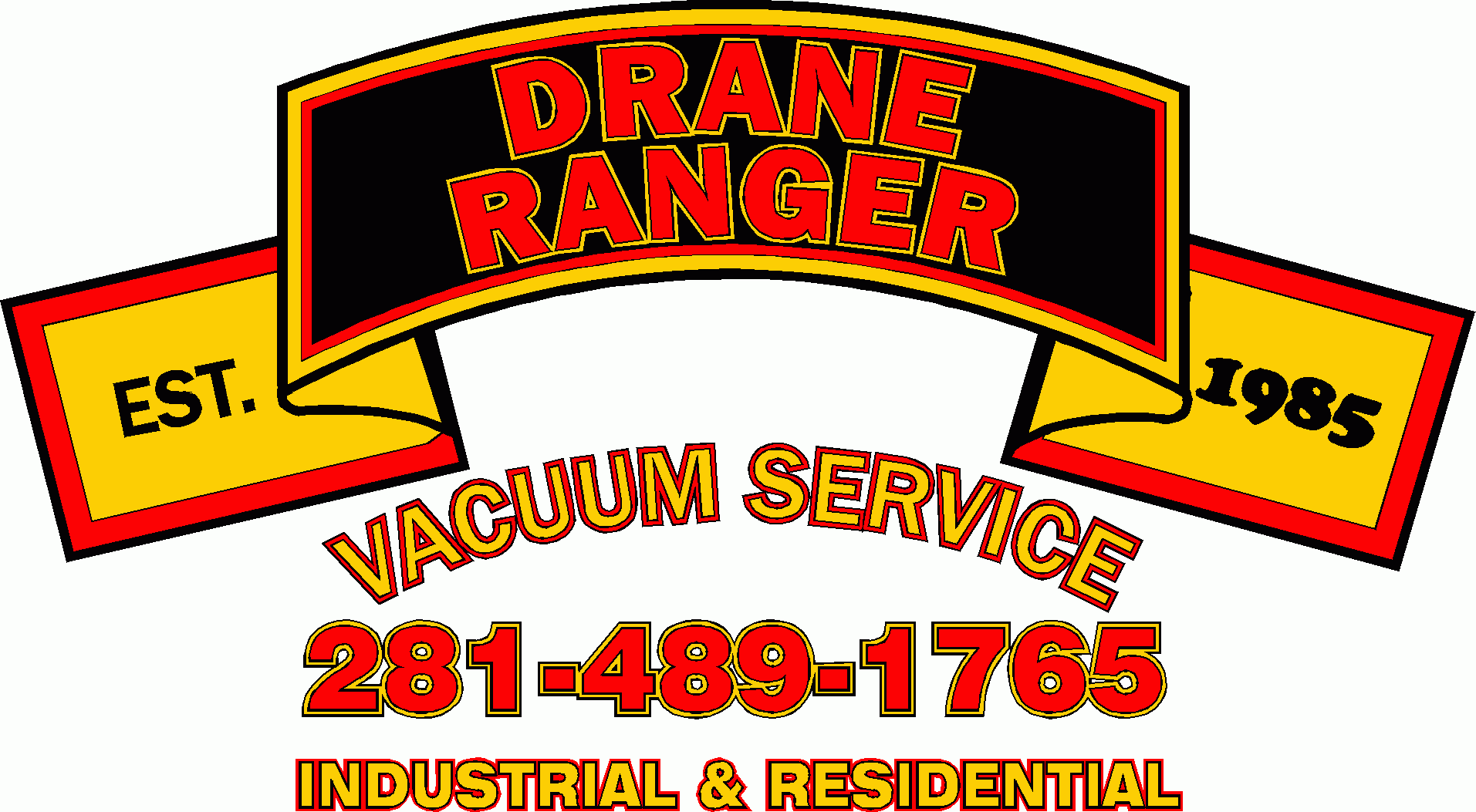Grease and oil are unavoidable in the restaurant business and getting rid of it safely is absolutely necessary to keep a kitchen running smoothly. Wastewater that is produced in the kitchen is often full of grease and oil from either the cooking process or left over on dishes after a patron has finished their meal, and all this wastewater goes down the drain. This can cause major issues if there isn’t proper equipment in place to capture all the fats, oils and grease (FOGs) before it makes it to the sewers. FOGs will combine with everything else drained into the city systems by every business, and eventually cause clogs that cost cities and municipalities millions of dollars to clear up (“greasebergs”). The protective equipment is called a grease trap, but without restaurant grease trap cleaning regularly, the traps can get clogged too.
What are Grease Traps
Grease traps are the best line of defense in protecting public sewers and plumbing. Restaurant grease trap cleaning could be done by a business owner, but without the proper knowledge, it’s going to be hard, dirty and probably done wrong, so calling in the professionals is always the best option.
The way grease traps work is that they capture FOGs that are drained down sinks, toilets, basins, etc. When water enters the grease trap, the FOGs naturally won’t mix with water and will float to the top, while any solid wastes will sink to the bottom of the interception tank. Around the middle of the tank is where any displaced wastewater that is safe for sewers ends up, and that will drain into the sewer lines. Of course, like any tank or trap, there is a limit to capacity. As FOGs and solid waste build up, the likelihood of them ending up in the sewers gradually increases, which means grease trap cleaning is absolutely necessary to prevent FOGs from getting into sewer systems and wrecking havoc.
How Often to Clean Grease Traps
Depending on the size of your business, restaurant grease trap cleaning should be done every 30-90 days by a professional. The process is quick, and affordable. Avoiding cleaning can be costly, especially if the city fines you for FOGs related blockages or you get a backup into your own building.
Other Advantages to Restaurant Grease Trap Cleaning
Proper restaurant grease trap cleaning will help prevent the backing up of smells or liquids back into your restaurant, or outside your restaurant; smells that will greatly deter customers and result in closures. Clogging your grease trap will also damage it and result in the need for expensive repairs you could have avoided with regular restaurant grease trap cleaning schedules.
Professional restaurant grease trap cleaning also means you don’t have to worry about where everything that gets cleaned out of the grease trap goes. The company performing your servicing will handle the waste in an environmentally responsible way that complies with local regulations.
If you are in need of restaurant grease trap cleaning in the Houston and Sugar Land area, and are looking for a BBB accredited business with a highly trained and certified team, then look no further than Drane Ranger for all your grease trap cleaning needs.
